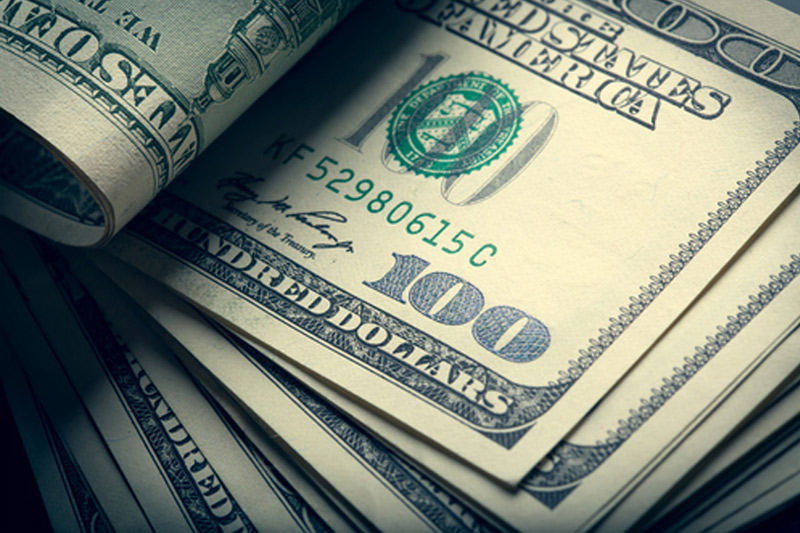Investing.com - The dollar traded sideways in Asia on Wednesday in a light data day regionally.
USD/JPY changed hands at 112.27, down 0.10%, while AUD/USD traded at 0.7631, up 0.05%.
The U.S. dollar index, which measures the greenback’s strength against a trade-weighted basket of six major currencies, was flat at 100.39.
Overnight, the U.S. dollar pared back gains against a basket of the other major currencies on Tuesday, while the euro remained on the back foot as rising political risk in the euro zone weighed.
Sentiment on the euro was hit by concerns over the possibility of a Brexit or Trump-style shock result in France’s upcoming presidential election. Worries over elections in the Netherlands, Germany and possibly Italy, as well as the ongoing row over Greece's bailout added to concerns over political risk in the euro area.
Dovish remarks by European Central Bank President Mario Draghi, who on Monday downplayed calls for the bank to scale back its stimulus program, also kept the single currency on the defensive.
The dollar pared back some of the days gains after Minneapolis Federal Reserve Bank President Neel Kashkari said the U.S. central bank should keep monetary policy moderately accommodative.
The comments came a day after Philly Fed President Patrick Harker said he would support hiking rates in March.
Data on Tuesday showed that the U.S. trade deficit narrowed in December, to $44.3 billion, on the back of an increase in exports.
The report also showed that the U.S. trade deficit hit a four-year high in 2016, at $502.3 billion, up from $500.4 billion in 2015. The data was likely to add to Trump’s claims that the U.S. needs to take a tougher approach on trade.
